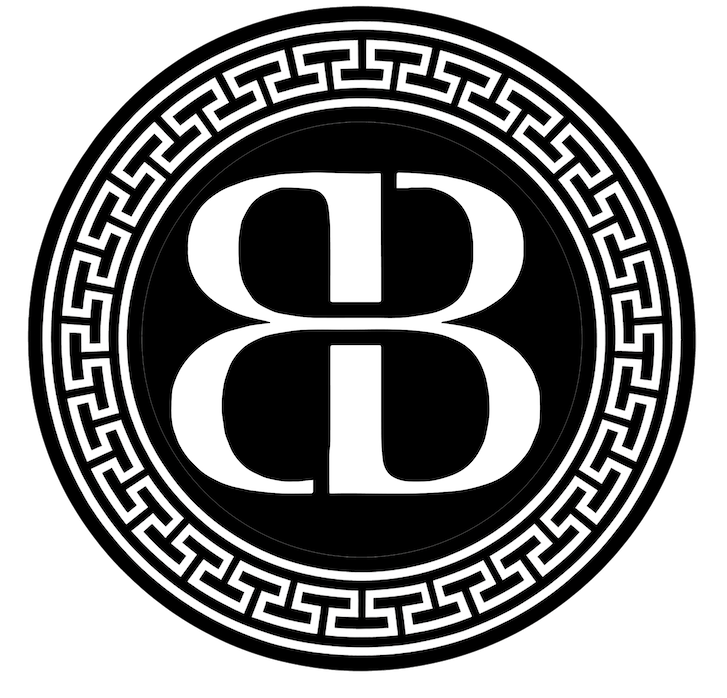Collecting the Uncollectable: The Rise of Experience-Based Luxury
- The Connoisseur

- Jul 6, 2025
- 8 min read
Ultra-wealthy individuals are abandoning traditional luxury goods for exclusive experiences that money can barely buy, fundamentally reshaping a €1.48 trillion global market. This shift represents more than changing consumer preferences—it's a psychological revolution where the world's most affluent collectors are trading Birkin bags for private space flights and rare art for impossible-to-access cultural experiences.




